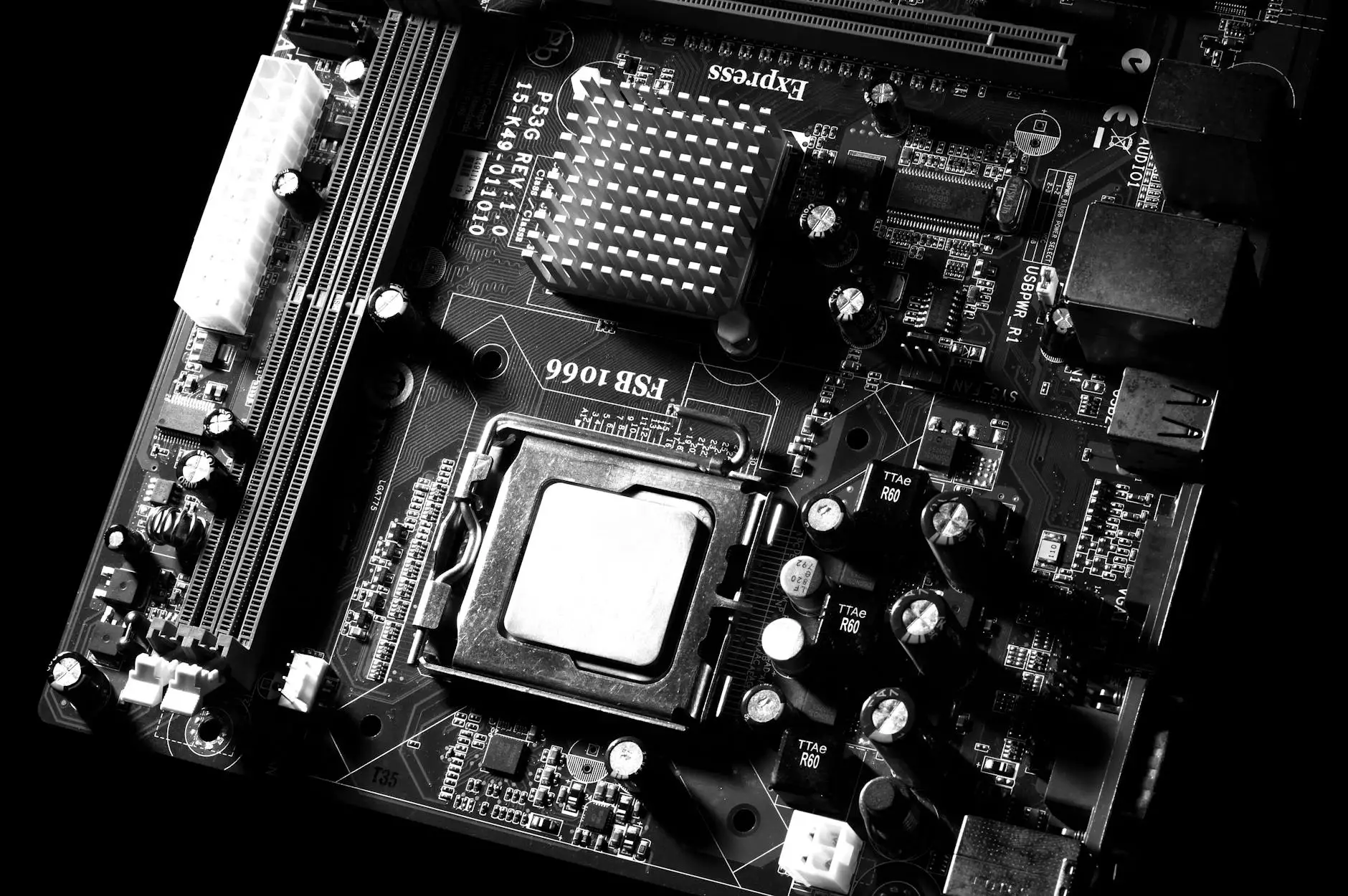Learning to Be an Electrician

The Path to a Successful Electrical Career
Are you interested in joining the rewarding and in-demand field of electrical work? Learning to be an electrician can open up a world of opportunities for you. This comprehensive guide will provide you with valuable insights into the steps, qualifications, and career prospects in the electrician industry.
The Importance of Electricians in the Modern World
Electricians play a vital role in our modern society. They are responsible for installing, maintaining, and repairing electrical systems that power our homes, businesses, and infrastructure. Without skilled electricians, our lives would be significantly impacted, as we rely heavily on electricity for almost every aspect of our daily routines.
From ensuring that our homes are equipped with safe and functional electrical systems to wiring commercial buildings and maintaining industrial machinery, electricians serve a crucial function in both residential and commercial settings.
Steps to Becoming an Electrician
If you're intrigued by the idea of a career in the electrical field, here are the key steps you need to take to begin your journey:
- Educational Foundation: Start by obtaining a high school diploma or equivalent. A solid foundation in math, science, and technical subjects will pave the way for your future electrical studies.
- Vocational Training: Next, seek vocational training through an accredited trade school or community college. These programs will provide you with theoretical knowledge and practical skills required for electrical work.
- Apprenticeship: Apprenticeship programs are a fantastic way to gain hands-on experience under the guidance of experienced professionals. During an apprenticeship, you will work alongside seasoned electricians, learning the tricks of the trade while earning a wage.
- Licensing and Certification: After completing your vocational training and apprenticeship, you will need to obtain the necessary licenses and certifications required by your state or local government. This ensures that you are qualified to perform electrical work safely and effectively.
- Continuing Education: Technology and electrical codes are constantly evolving, so it's crucial to stay current with industry trends through continuing education. This will not only enhance your skillset but also make you a more sought-after electrician in the industry.
Qualities of a Successful Electrician
While obtaining the right education and training is essential, certain qualities can set you apart as a successful electrician:
- Problem-Solving Skills: Electricians often encounter complex electrical issues that require analytical thinking and problem-solving skills. The ability to troubleshoot and find solutions is fundamental in this profession.
- Physical Fitness: Electrical work can be physically demanding, requiring agility, dexterity, and stamina. Being physically fit will enable you to handle the physical demands of the job effectively.
- Attention to Detail: Electrical systems require precision and accuracy. Paying close attention to detail ensures that you follow safety protocols and perform electrical installations and repairs correctly.
- Communication Skills: As an electrician, you will often collaborate with clients, contractors, and other professionals. Effective communication skills will enable you to understand their requirements, explain complex technical concepts, and work harmoniously with others.
Opportunities in the Electrician Industry
The electrician industry offers a wide range of opportunities for aspiring professionals. Here are some potential career paths you can explore:
- Residential Electrician: Specialize in residential electrical systems, focusing on installing and repairing electrical wiring, lighting fixtures, and other components in homes and apartments.
- Commercial Electrician: Work on larger-scale electrical projects, such as wiring office buildings, retail spaces, and industrial complexes, along with the maintenance and repair of their electrical systems.
- Industrial Electrician: Focus on electrical work in industrial settings, including factories, power plants, and manufacturing facilities. Industrial electricians handle complex machinery, motors, and control systems.
- Electrical Contractor: Start your own electrical contracting business, where you can undertake various projects, manage a team of electricians, and supervise electrical installations and repairs.
- Specialty Electrician: Become a specialist in a particular area, such as renewable energy systems, home automation, or telecommunications. Specializing in a niche area can enhance your earning potential and open up unique opportunities.
Conclusion
Embarking on a career as an electrician can be a rewarding and fulfilling choice. By following the necessary steps, obtaining the right education, and honing your skills, you can position yourself for success in the electrician industry.
Remember, learning to be an electrician is a lifelong journey. Stay curious, embrace continuous learning, and remain up-to-date with technological advancements in the field. With dedication and hard work, you can build a prosperous career as an electrician and contribute to the ever-growing demands of our electrified world.









